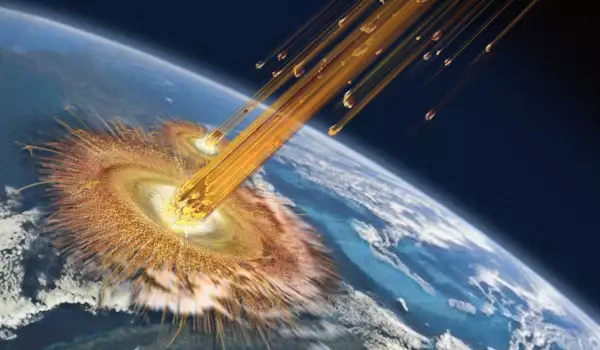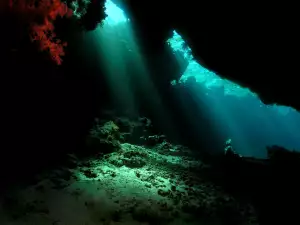According to scientists, the water that's a source of life on Earth was not formed on the planet itself but was brought here by meteorites that fell to its surface. This happened several billion years ago, when the planet was still young.
Scientists postulate that even if there was some amount of life-giving liquid already present, it did not last long before evaporating due to the intense solar winds, which then had an even greater effect on Earth.
It is now known that the inner regions of the solar system contain no water, except on our planet, as opposed to the outer regions, where there are significant amounts. In recent years, probes have found enormous seas and oceans on a number of Jupiter and Saturn's moons.
The new theory goes that water was brought to Earth when comets collided with the planetary surface. There was no atmosphere back then because of the absence of water and collisions were significantly more common and more destructive.
It's well known that comets are made up of ice to a great extent. Meteorites also dumped huge amounts of water onto Earth. The water arrived in a frozen state. After its collision with the still warm Earth's surface, it evaporated in massive quantities, forming the atmosphere.

That is how water became an inseparable part of the Earth and its cycle began. Similar processes happen in the solar system's neighbors as well, indicate the latest astronomical observations.
In this latest work, Alok Jha, journalist for the Guardian newspaper, draws notice to the still unexplainable quirks of water that make our planet unique.
The author explains that the life-giving substance reacts contrary to nearly all written and unwritten laws of chemistry. He reminds that scientists still cannot fully explain the process of water freezing.
When it turns to ice, water expands instead of contracting like other liquids. In addition, hot water freezes faster than cold water when abruptly cooled to below 30°F (0°C).











